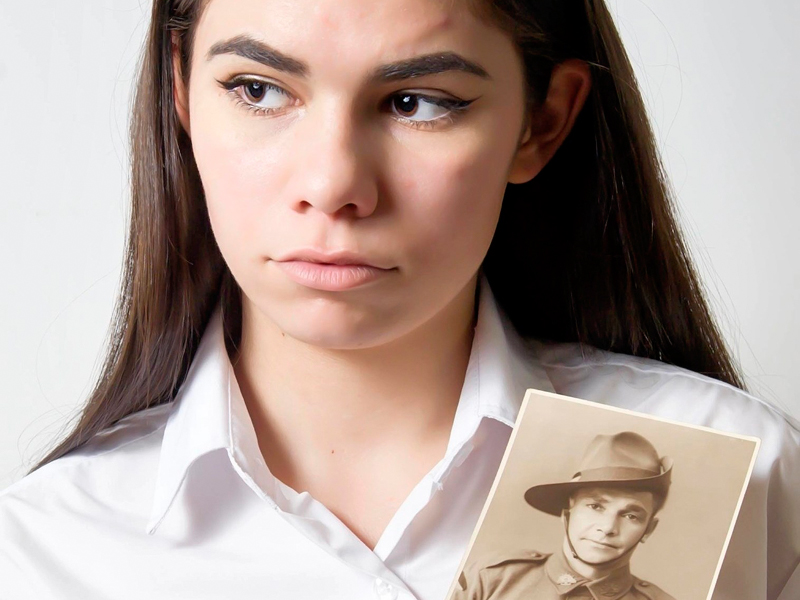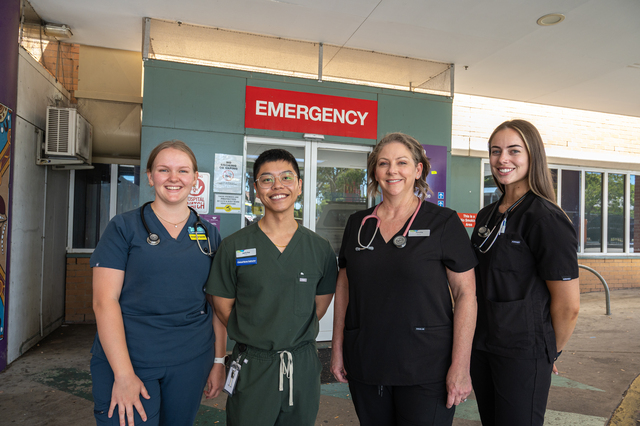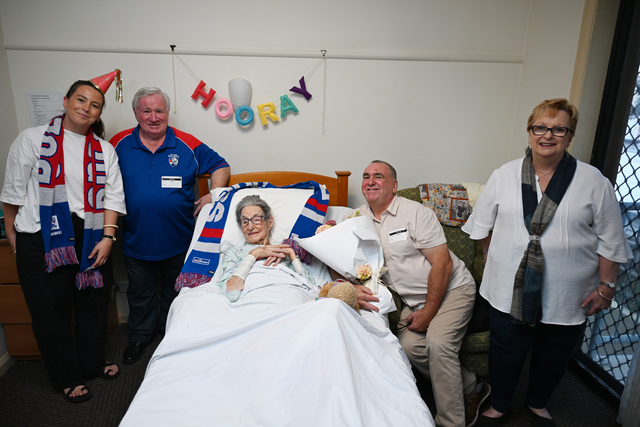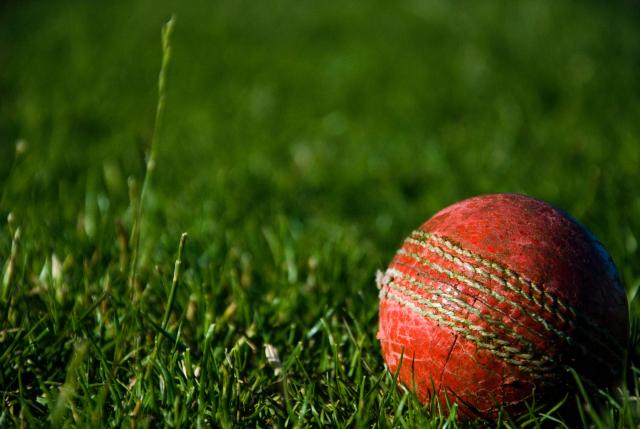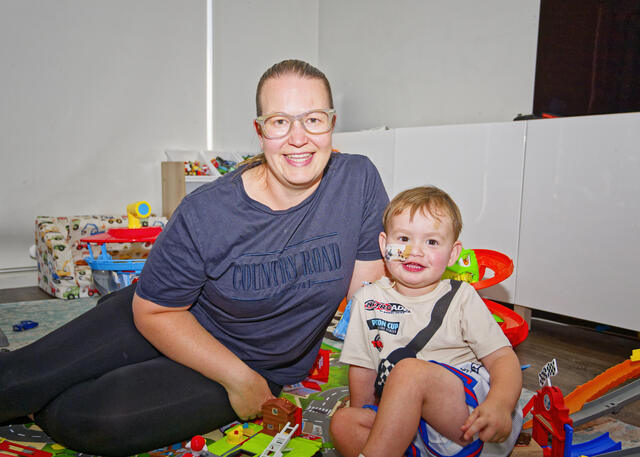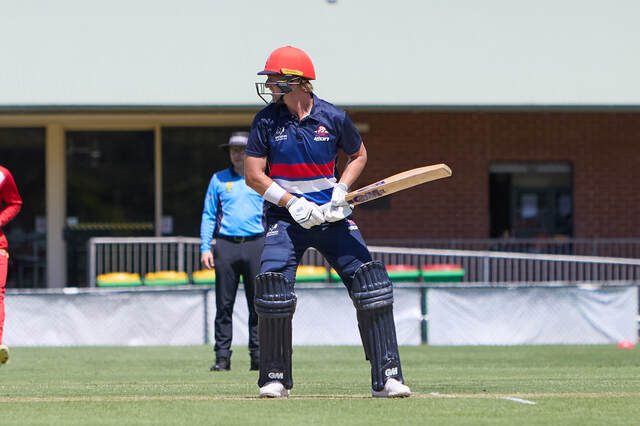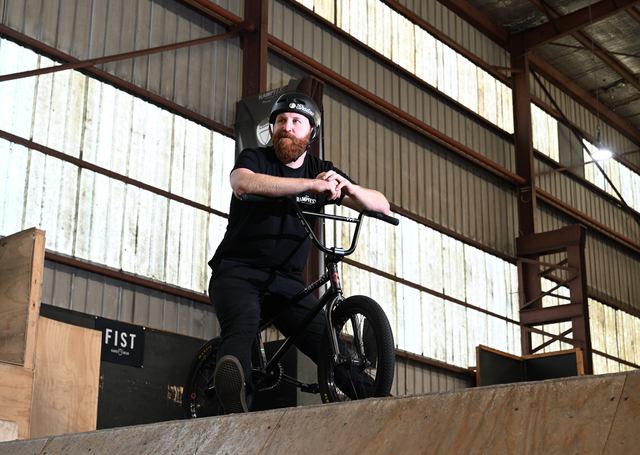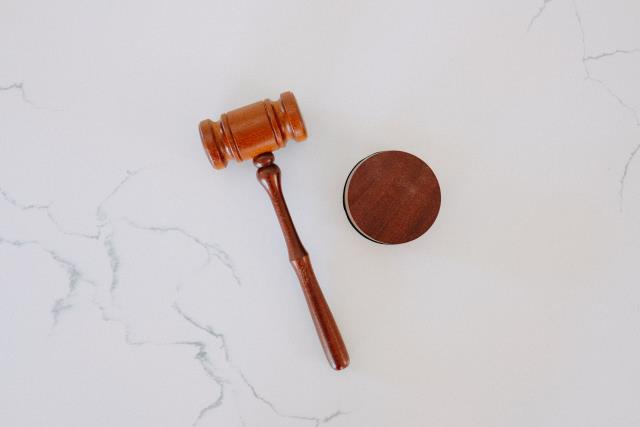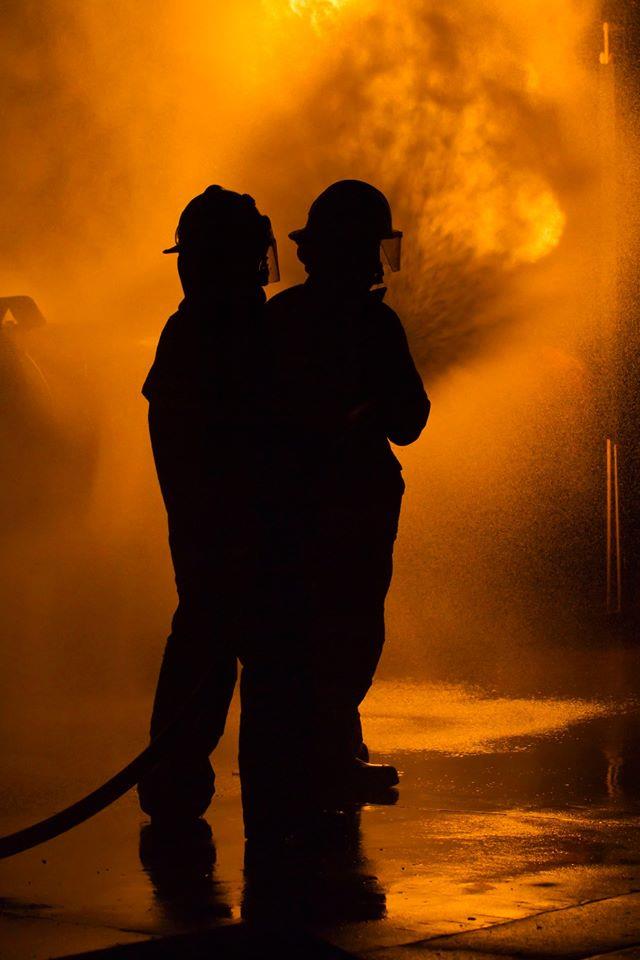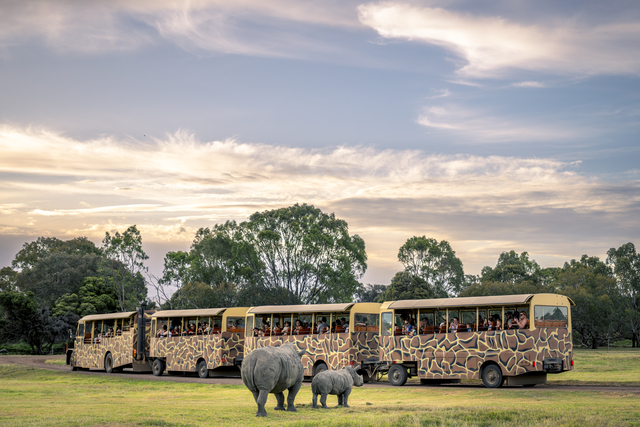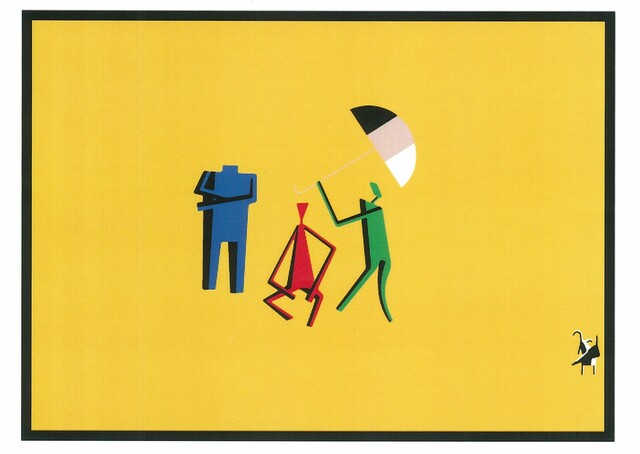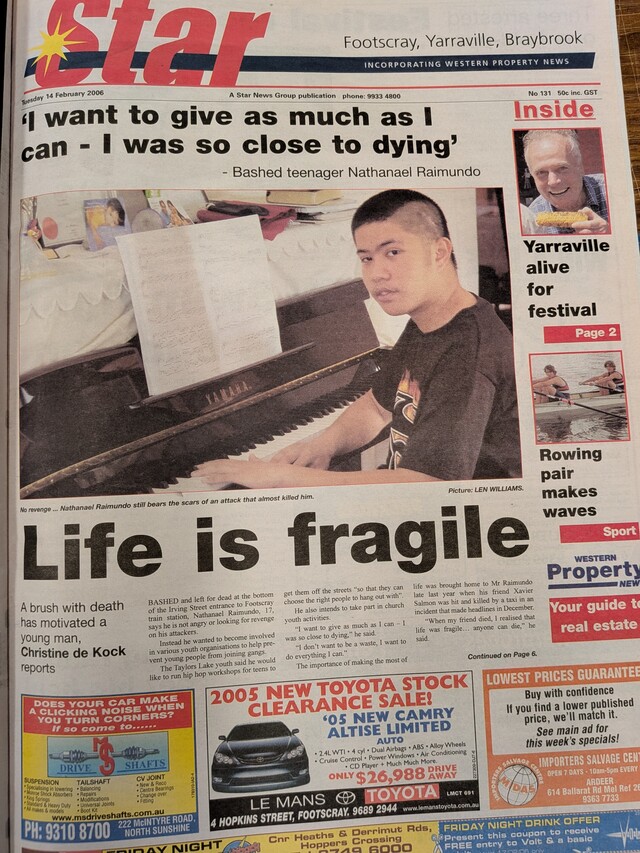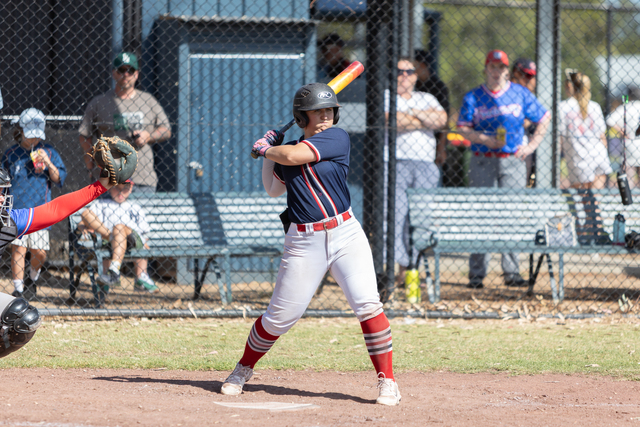A Williamstown High School student, whose Aboriginal great-grandfather was a machine-gunner at Kokoda, addressed an Indigenous dawn service at Victoria’s Shrine of Remembrance last month.
Year 9 student Aretha Stewart Brown was also part of a contingent of Victorian schoolchildren who visited Turkey in April to mark the centenary of the Gallipoli landing.
“On my mum’s side, her grandfather, John Albert Brown, was an Aboriginal soldier who served with the AIF in New Guinea in the Second World War,” Aretha said.
“On my dad’s side, my great-grandfather, Jack Stewart, served in the armed forces in Egypt.
“Indigenous servicemen who went [to WW1] didn’t get half as much recognition when they got back. They didn’t get paid when they got back; they didn’t have the right to vote … they didn’t get any black land rights … it’s almost like, what were they fighting for?”
Aretha said her blue, red and yellow school uniform was a daily reminder of WW1.
“The school adopted these colours in 1914 to show support for the country of Belgium, which was invaded by Germany in the first stages of the war,” she said.
“I suppose I can relate to the pain suffered by the mothers who lost sons at Gallipoli as my family knows what it’s like to lose a loved one in a foreign battle field. My uncle, Tony Stewart, was only 21 when killed in East Timor.”
Mr Stewart was one of five Australian journalists killed at Balibo by Indonesian forces in 1975.
While in Turkey, Aretha visited the Blue Mosque in Istanbul and a Turkish school.
“It was amazing, it was really unforgettable. I felt very proud and very sad,” she said.

